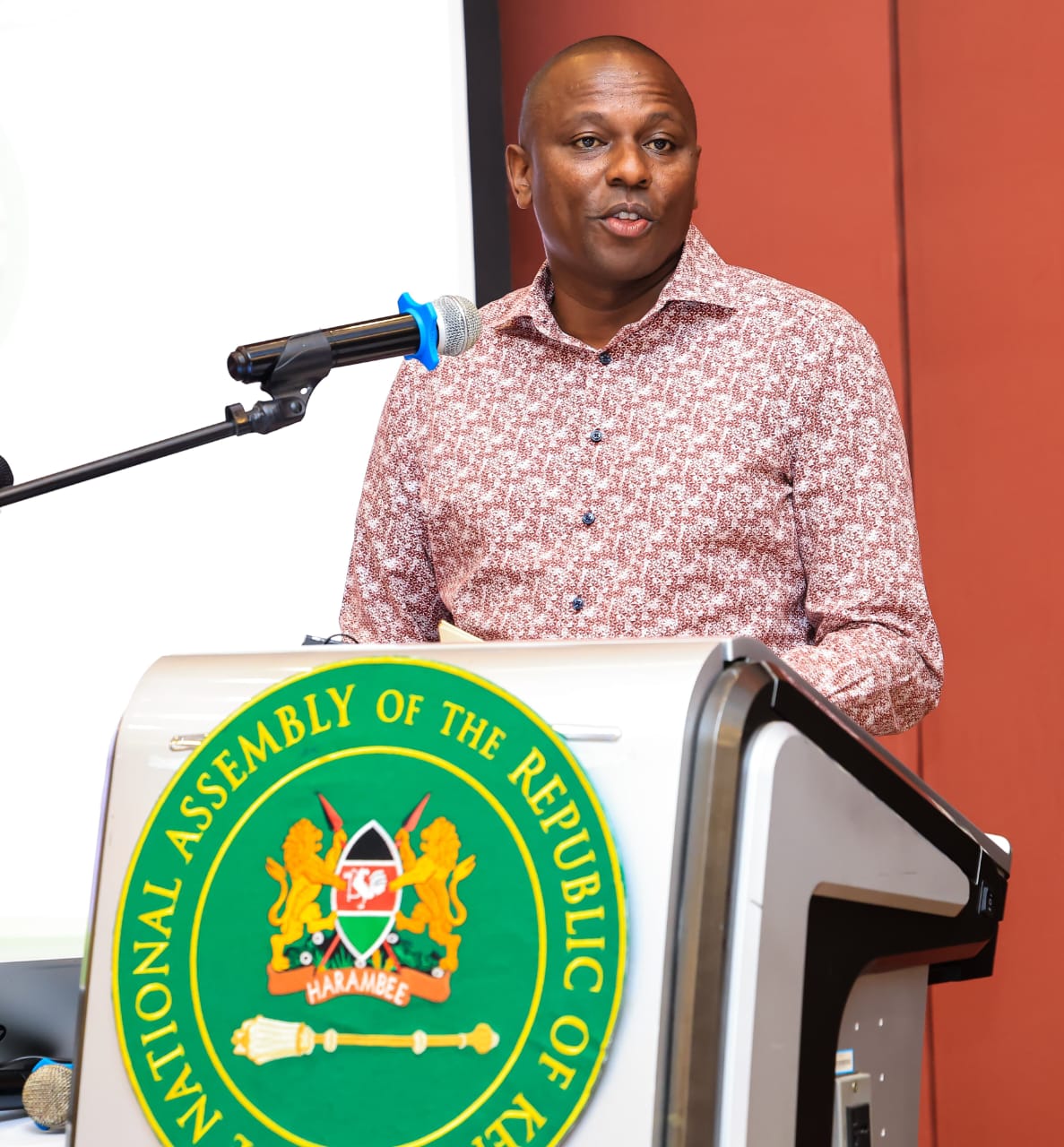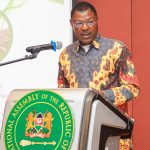Leader of the Majority Party Kimani Ichung’wah has criticized the judiciary for what he describes as a calculated attempt to invalidate various bills passed by the House and forwarded to the President for assent, labeling this action as judicial activism.
According to MP Ichung’wah, the courts are exploiting the absence of a substantive public participation law to impose new thresholds for invalidating bills, declaring them unconstitutional and claiming they did not follow due process.
Speaking during the start of the National Assembly leadership retreat in Naivasha, Hon. Ichung’wah who doubles as the Kikuyu legislator has expressed concern over an alarming trend of Petitioners challenging the constitutionality of Bills that are pending before Parliament thus interfering with our legislative mandate.
“The courts have taken advantage of the absence of a substantive public participation law to impose new thresholds for public participation. In many instances, these new standards are introduced after a statute has been enacted and are applied retroactively to annul laws that were passed in accordance with existing public participation principles,” stated Ichung’wah.
“The judiciary has previously exercised considerable restraint in interfering with bills being processed in Parliament. However, it is our responsibility, especially as committee chairpersons, to ensure that we conduct meaningful qualitative and quantitative public participation whenever bills and proposals are referred to our committees. This proactive approach is essential to mitigate the risk of our legislation being challenged in court,” he added.
The Kikuyu legislator stated that there is need to fast track enactment of a public participation statute even as the National Assembly awaits the outcome of its appeals against various court decisions.
“This will provide clear guidelines, a structured framework for public participation and an inclusive approach in ensuring that Government decisions, at both the national and county levels, are made in a transparent, accountable and a collaborative manner that aligns with the will of the Kenyan people,” he affirmed.
He also urged committee chairpersons to utilize the National Assembly’s legal department for guidance on any uncertainties regarding public participation requirements, ensuring parliamentary procedures align with established standards.
In pursuit of the National Assembly’s legislative agenda for the 13th Parliament, Hon. Ichung’wah noted that the House faces numerous bills and policies requiring attention, including those in mediation.
“As we approach the end of this Session, I encourage Members to attend House and Committee sittings diligently and ensure quorum. This commitment is crucial as we work to expedite any urgent business, enabling its conclusion before the long December recess,” he remarked.
Hon. Ichung’wah also highlighted the National Assembly’s achievements this session, noting significant legislative progress.
To date, the Assembly has passed eight bills, adopted eighty-nine motions, reviewed forty-one statutory instruments, considered four sessional papers/treaties/protocols, received 258 statements—210 of which have been referred to committees for response—resolved thirteen petitions, and presented forty-four questions to various Cabinet Secretaries, who have appeared before the House to respond.
Among the key bills passed and assented to are the Affordable Housing Bill, which introduced the Housing Levy; the Supplementary Appropriation (No.2) Bill, instituting budget cuts across the board; and the Independent Electoral and Boundaries Commission (Amendment) Bill, which initiated the process for reconstituting the IEBC.
Major motions included the approval of nominees for Cabinet Secretaries, the Inspector-General of Police, and diplomatic representatives; ratification of the Economic Partnership Agreement between Kenya and the European Union; and adoption of the Public Finance Management (Kenya Millennium Development Fund) Regulations.
“These legislative milestones are a snapshot of the many issues under consideration by the National Assembly Committees, which committee chairpersons will discuss in detail during our panel sessions. Let us leverage our diverse perspectives to elevate the quality of our work and ensure it resonates with the will of the people we serve,” he concluded.




